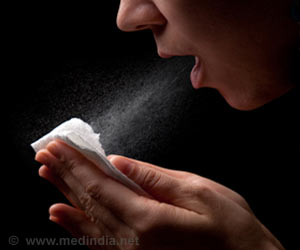
Male rats exposed to moderate and repeated stress during adolescence may experience reduced fertility. This groundbreaking study not only highlights the detrimental effects of early-life stress on health but also holds the potential to unveil crucial prevention strategies for children and adolescents in the future. ()
Hormonal Imbalance and Adolescent Stress on Reproductive Health
While hormone levels fluctuate pathologically — especially during life stages such as puberty — stress can cause too much or too little of a hormone in the bloodstream. This hormonal imbalance negatively impacts puberty and the reproduction system, with effects on libido, ovulation function and sperm cell production. However, the long-term reproductive effects of chronic stress in adolescents are largely unknown.
’
In this study, researchers from the V.P. Komisarenko Institute of Endocrinology and Metabolism of the National Academy of Medical Science of Ukraine, examined male and female rats, aged 6 months, after individually placing about half of them in enclosed spaces for one hour every morning for two weeks during adolescence (30–45 days old).
In adult males, sperm count fell by 25.9%, some sperm were abnormally shaped and sluggish or became immobile, and the breathing process by which sperm cells derive energy slowed down. Additionally, males had almost two times lower levels of corticosterone – the main stress hormone in rats, equivalent to cortisol in humans.
“Our work is the first to report to show that even moderate and repetitive stress in adolescence has a long-lasting negative impact on the endocrine system of reproduction and adaptation of the body to changing living conditions,” said lead investigator, Professor Aleksander Reznikov.
“Our results make it possible to predict the development of anomalies in reproduction and bodily adaptation systems and are the basis for finding methods for their prevention.”
Professor Reznikov added: “We discovered for the first time that lipid peroxidation (a process in which oxidants like free radicals attack lipid membranes of cells and eventually damage them) in the ovaries and testes was significantly increased. This, however, needs further investigation.”
Advertisement
Reference:
- Chronic stress during adolescence may reduce fertility in adulthood – (https://www.eurospe.org/event/26th-european-congress-of-endocrinology-ece-2024/)
Source-Eurekalert



